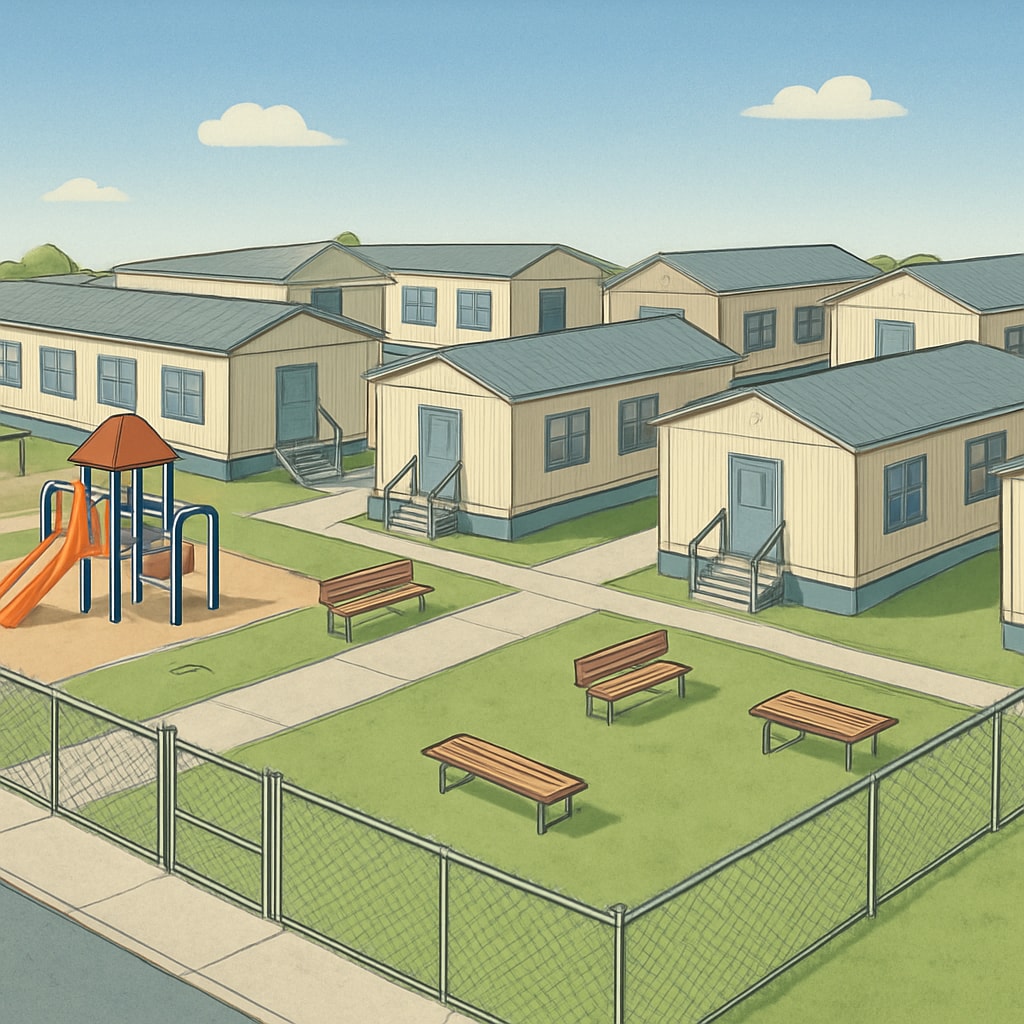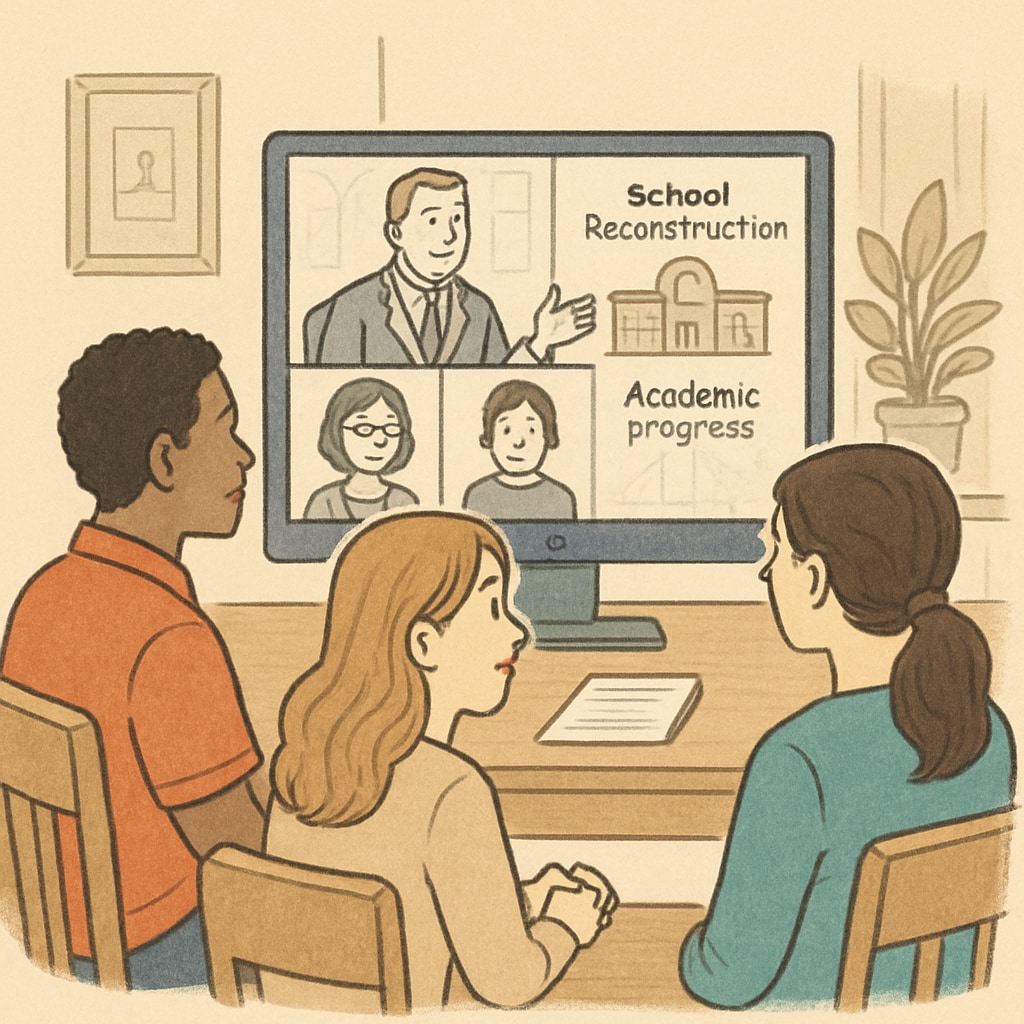When elementary schools undergo reconstruction, the temporary campus often brings significant changes to the learning environment. These changes may include reduced space, inadequate facilities, and limited opportunities for parental involvement. Such transitions can impact a child’s educational experience and emotional well-being. However, with proactive strategies and collaboration between schools and parents, it is possible to minimize these challenges and maintain a supportive learning environment for students.
Understanding the Impact of Temporary Campuses
Temporary campuses are often smaller and less equipped than the original school buildings, which can disrupt students’ daily routines and learning experiences. For example, the absence of dedicated spaces like libraries, science labs, or playgrounds could limit opportunities for exploration and creativity. In addition, crowded classrooms may hinder individualized attention from teachers.
Psychologically, such changes can make children feel unsettled, particularly younger students who thrive on stability. The unfamiliarity of a new environment can lead to anxiety or decreased motivation. Therefore, both schools and parents must address these concerns to ensure children remain engaged and confident.

Strengthening Parental Involvement During Reconstruction
Parental involvement is crucial for a child’s academic and emotional development. However, the challenges of temporary campuses may limit parents’ ability to engage. For instance, reduced on-campus events or logistical difficulties in accessing the temporary site can create barriers for families. Schools should actively seek to bridge this gap by fostering communication and offering alternative ways for parents to participate.
Here are some strategies to enhance parental involvement:
- Virtual Meetings: Organize online parent-teacher conferences and workshops to keep parents informed and engaged.
- Volunteer Opportunities: Invite parents to help with organizing events or assisting in virtual classroom activities.
- Regular Updates: Share newsletters or progress reports to maintain transparency about the school’s reconstruction process and student progress.
Research highlights that consistent communication between schools and families leads to better academic performance and emotional stability in children (Parental Involvement on Britannica).

Practical Tips for Parents and Schools
To ensure a seamless transition during school reconstruction, both parents and schools must take proactive steps. Below are some practical tips:
For Parents
- Maintain Routines: Establish consistent home routines to provide stability for your child.
- Encourage Open Communication: Allow your child to express their feelings about the changes and reassure them regularly.
- Provide Learning Support: Create a conducive learning space at home and supplement school activities with educational games or resources.
For Schools
- Optimize Temporary Spaces: Maximize the use of available resources to create functional learning environments.
- Foster Community: Organize events or activities to help students and parents feel connected despite the temporary setting.
- Transparent Communication: Keep families informed about the reconstruction timeline and progress, reducing uncertainty.
By taking these steps, the school community can work together to overcome the limitations of temporary campuses, ensuring that children continue to receive a well-rounded education.
Looking Ahead: Preparing for a Smooth Transition
While temporary campuses present challenges, they also offer opportunities for growth and resilience. Parents and schools can use this period to teach children adaptability, problem-solving, and collaboration. For instance, students may engage in projects that address real-world issues, such as repurposing limited resources creatively. These experiences can enrich their education and prepare them for future challenges.
In conclusion, adapting to a temporary campus requires effort and cooperation from all stakeholders. By addressing the unique challenges of school reconstruction, parents and schools can safeguard children’s educational experiences and emotional well-being. As a result, this transitional phase can become a foundation for stronger relationships and innovative learning opportunities.


